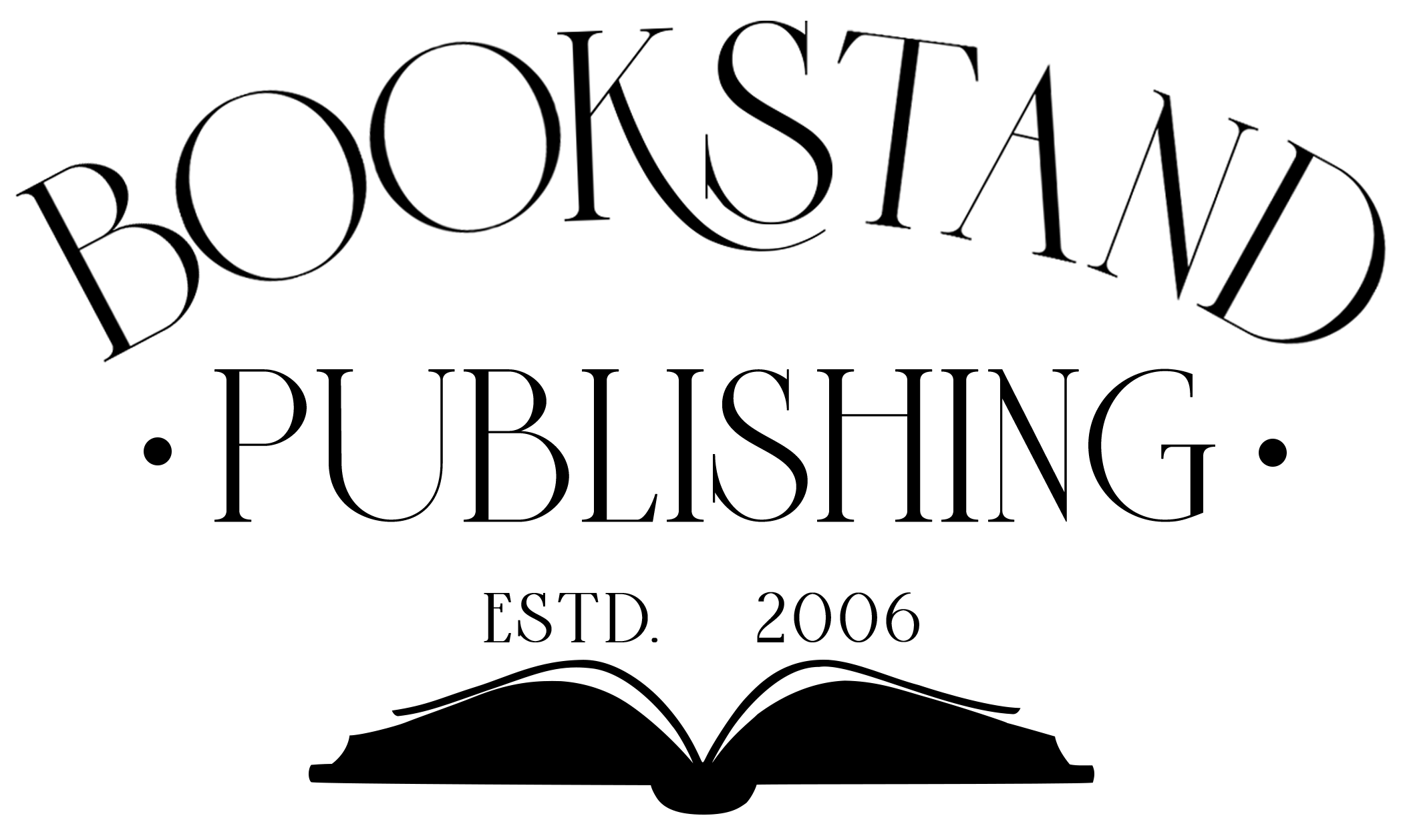I was on a panel discussion on Wednesday on Self-Publishing on the Christian Blog Talk Radio station Fishn4Souls hosted by Matt S. Senge. You can listen to the entire discussion here at: http://www.blogtalkradio.com/fishn4souls/2013/01/24/road-less-published-1. I thought the discussion was very instructive and I think Christian authors in particular will enjoy the panel discussion (and the weekly radio program).
If I could summarize my advice to the many aspiring and published Christian authors who were on the panel and who called in, it would be this:
There may be many reasons God has put the desire in your heart to write and publish a story. It may be that He wants you to:
- Publish a story to leave a record, or legacy, for your children and grandchildren. Many memoirs of faith are motivated by questions asked by children and grandchildren.
- Write as therapy to help you make sense and learn from the trials you have had. By giving your story to the world by publishing it, others may benefit from what you have learned.
- Share your testimony with your church and friends to encourage and strengthen their faith.
However, if want to make money from your book and/or want to reach an audience beyond your family and friends, you will need to give some serious thought to marketing your book. Marketing your book is just thinking about your book from the standpoint of your customer.
Jesus talks about putting yourself in the place of others in Matthew 7:12 “So in everything, do to others what you would have them do to you.” If you want your customers to buy from you, you need to think about what they want, not just what you want to say. If you want them to give you something (book sales) then you should give to them what they want from you (a compelling story, advice they can apply to their own situation, etc…).
To help you think from marketing or customer oriented standpoint, I recommend all authors consider these four basic marketing questions:
- Who is my most probable customer for this book? Some people are more inclined to buy your book than others. Who are they? Are they mothers with small children. People suffering from cancer? To understand things from the standpoint of your customer you need to understand who your customer is and what they need.
- Why should my most probable customer want to buy my book? Why would someone want to buy your book? What are they going to get out of the book that will help them, inspire them, or give them a better life? If you want to sell books, your book should be written for your customer not yourself.
- What do I have to say to my most probable customer to make them want to buy my book? Does the title and subtitle of your book match what your customer is looking for? Does your book description match what your customer is looking for? Does your cover design tie into your compelling message?
- How do I reach my most probable customer? What magazines, newspapers, websites, blogs, stores etc… does your most probable customer visit? This information becomes very important when it becomes time to promote your book. These are the places where you want reviews of your book, where you want to advertise your book, do book signings, etc…
Article Tags
I was on a panel discussion on Wednesday on Self-Publishing on the Christian Blog Talk Radio station Fishn4Souls hosted by Matt S. Senge. You can listen to the entire discussion here at: http://www.blogtalkradio.com/fishn4souls/2013/01/24/road-less-published-1. I thought the discussion was very instructive and I think Christian authors in particular will enjoy the panel discussion (and the weekly radio program).
If I could summarize my advice to the many aspiring and published Christian authors who were on the panel and who called in, it would be this:
There may be many reasons God has put the desire in your heart to write and publish a story. It may be that He wants you to:
- Publish a story to leave a record, or legacy, for your children and grandchildren. Many memoirs of faith are motivated by questions asked by children and grandchildren.
- Write as therapy to help you make sense and learn from the trials you have had. By giving your story to the world by publishing it, others may benefit from what you have learned.
- Share your testimony with your church and friends to encourage and strengthen their faith.
However, if want to make money from your book and/or want to reach an audience beyond your family and friends, you will need to give some serious thought to marketing your book. Marketing your book is just thinking about your book from the standpoint of your customer.
Jesus talks about putting yourself in the place of others in Matthew 7:12 “So in everything, do to others what you would have them do to you.” If you want your customers to buy from you, you need to think about what they want, not just what you want to say. If you want them to give you something (book sales) then you should give to them what they want from you (a compelling story, advice they can apply to their own situation, etc…).
To help you think from marketing or customer oriented standpoint, I recommend all authors consider these four basic marketing questions:
- Who is my most probable customer for this book? Some people are more inclined to buy your book than others. Who are they? Are they mothers with small children. People suffering from cancer? To understand things from the standpoint of your customer you need to understand who your customer is and what they need.
- Why should my most probable customer want to buy my book? Why would someone want to buy your book? What are they going to get out of the book that will help them, inspire them, or give them a better life? If you want to sell books, your book should be written for your customer not yourself.
- What do I have to say to my most probable customer to make them want to buy my book? Does the title and subtitle of your book match what your customer is looking for? Does your book description match what your customer is looking for? Does your cover design tie into your compelling message?
- How do I reach my most probable customer? What magazines, newspapers, websites, blogs, stores etc… does your most probable customer visit? This information becomes very important when it becomes time to promote your book. These are the places where you want reviews of your book, where you want to advertise your book, do book signings, etc…







